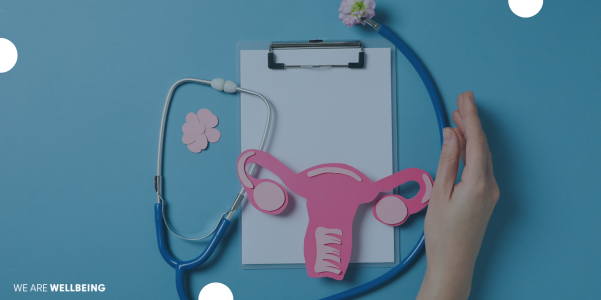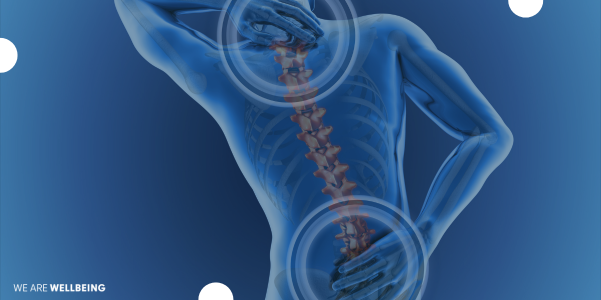March is host to International Women’s Day, and therefore a great opportunity to discuss women’s health. Over the years research and conversations around women’s health have been neglected, but considering half of the UK population (and perhaps your workforce) are female, this needs to change. And luckily it is, more and more health and wellbeing professionals, and work places are committing to increased support.
Despite this, The British Occupational Hygiene Society has reported that women’s workplace health is worsening, so there is much more to be done.
By supporting women’s health, you are empowering females to live happier and healthier lives, and to thrive in the workplace.
In this blog we will touch on cancer, menopause and other areas of women’s health. As these are not small topics, we have shared links to further information and helpful resources.
Cancers & Screening
Over 160,000 women are diagnosed with cancer in the UK every year (NHS). The most common cancers being breast, lung, bowel and uterus. Cervical cancer is another female specific disease, but screening is so successful that it prevents 70% of related deaths (England). The NHS also offers routine screening for breast and bowel cancer.
Cancer Research UK has more information on female specific cancers, including symptoms, diagnosis and treatment.
How to provide support in the workplace:
- Highlight the importance of recognising symptoms and screening through awareness days, signposting and encouraging employees to visit their GP with any concerns.
- Allow employees the flexibility to attend appointments and screenings during work hours.
- Provide support through any diagnosis or treatments. Macmillan Cancer Support has some fantastic resources on cancer support in the workplace.
Menopause
Menopause symptoms can be debilitating, but providing support can help women to continue in the workplace. This is especially important considering nearly 4 million women aged 45 – 55 are employed in the UK (CIPD). Although experiences are individual, common symptoms include hot flushes, changes in mood, aches and pains and changes in cognition. You can learn more about symptoms here.
A 2023 study revealed that 23% of working women aged 40-60 have considered resigning due to the menopause. It’s important to note that if an employee is treated unfairly or unsafely, or put at a disadvantage due to the menopause, they could be protected under the Equality Act 2010 or the Health and Safety at Work Act 1974.
How to provide support in the workplace:
- Provide employees, especially managers, with menopause training to increase knowledge and confidence in conversations. Here at We Are Wellbeing, we have a fantastic menopause expert who can facilitate workshops and webinars.
- Create a menopause policy to outline available support and reasonable adjustments.
- Promote a healthy lifestyle by allowing regular breaks, encouraging movement and promoting a positive work/life balance.
- Bupa have created a great document to help managers support employees through the menopause.
Other considerations
Other areas of women’s health include the menstrual cycle, pre-and-post natal support, conditions such as PCOS and endometriosis, and fertility. You don’t necessarily need to be an expert, but you should show understanding and empathy, listen to employees and be in a position to signpost to further support.
We have pulled together some great resources below:
Maternity Action has lots of information for those who are pregnant, or have given birth, but also key considerations for employers.
CIPD has a report and article around menstrual health at work, including helpful statistics and recommendations.
Fertility Network UK provides information on fertility treatment and how you can support employees.
Wellbeing of Women is a charity supporting gynaecological and reproductive health. Their website contains information around the menstrual cycle, PCOS, endometriosis, fibroids and more.
Conclusion
The level of support which an organisation provides can really determine a woman’s experience in the workplace. From a business perspective, it also allows you to keep talented, experienced and passionate people in their roles.
At We Are Wellbeing, we are committed to supporting women’s health and provide a range of services to help facilitate this. Our expert associates can cover everything included in this article through workshops, webinars and 1:1 coaching. Get in touch today to learn more.







